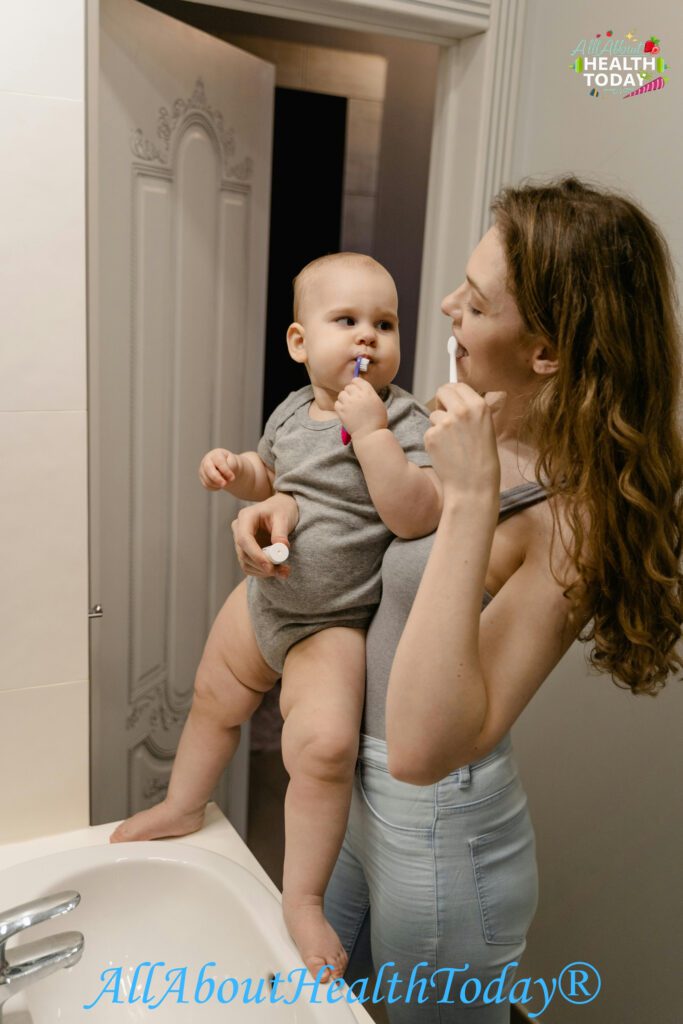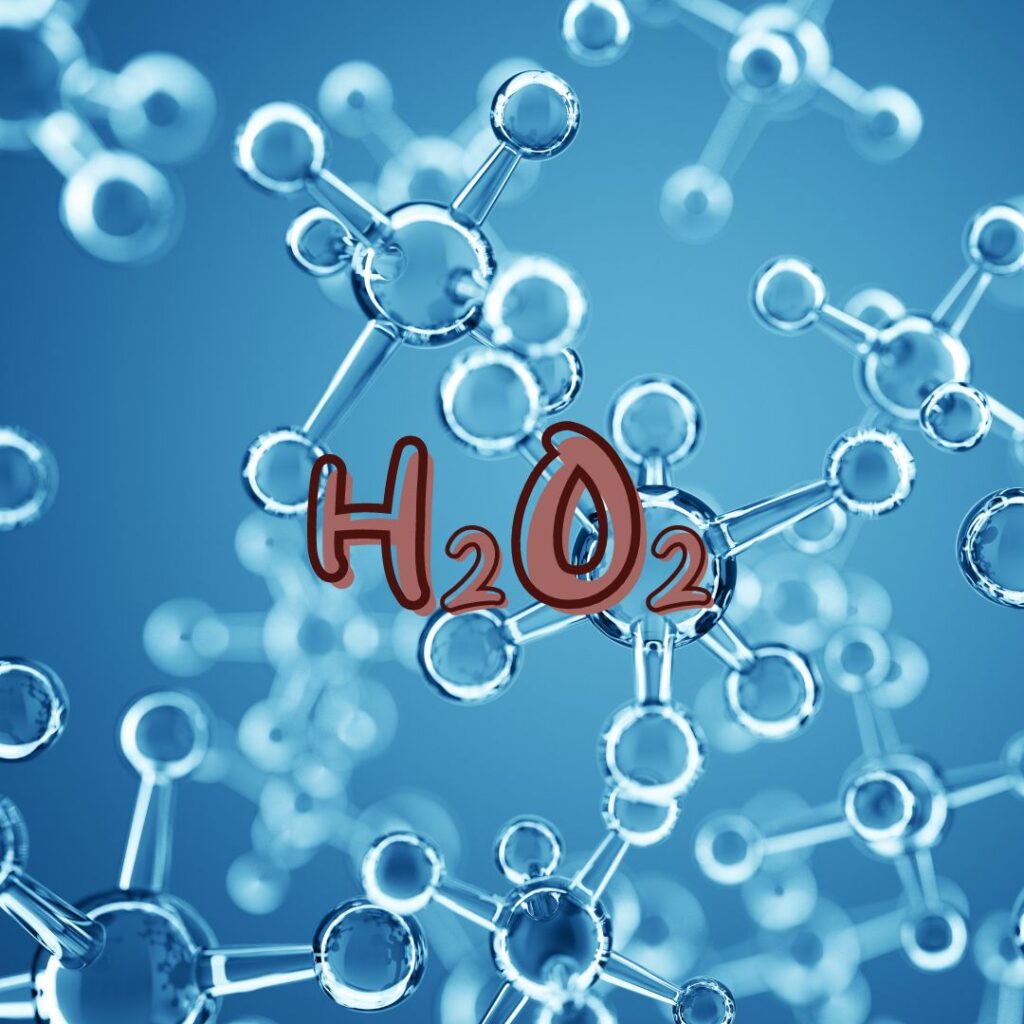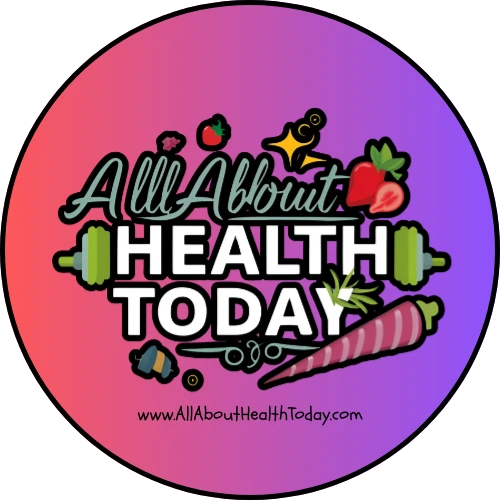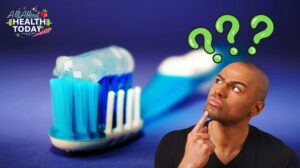Introduction
When it comes to oral health, we’ve been told that toothpaste is a non-negotiable part of our daily routine. But what if I told you that everything you’ve been led to believe about toothpaste might not be as essential as the manufacturers claim?
Could it be that toothpaste is the biggest scam ever, with secrets hidden by those who profit from it? In this article, we’ll peel back the layers of marketing and myth to uncover the truth. We’ll delve into the history and evolution of toothpaste, explore the benefits of alternative ingredients like hydrogen peroxide, and debunk the widespread belief that fluoride is a miracle cure for tooth decay. Prepare to challenge the status quo and rethink what truly matters for maintaining dental health.
The History & Evolution of Toothpaste
To truly understand how toothpaste became a staple in our daily lives, it’s essential to look back at its history and evolution. Long before the colorful tubes of minty paste filled our bathroom cabinets, people worldwide used various natural methods to clean their teeth.

Ancient Times: Natural Cleaners
In ancient Egypt, a mixture of crushed eggshells, pumice, and ox hooves was used to scrub teeth. The Greeks and Romans improved on this formula by adding more abrasive ingredients like crushed bones and oyster shells. Meanwhile, in China and India, a more herbal approach was taken, with the use of ginseng, mint, and salt.
The Rise of Miswak
One of the most fascinating natural methods comes from the Middle East and parts of Africa, where the use of the Miswak, or chewing stick, has been prevalent for thousands of years. Made from the Salvadora persica tree, the Miswak not only cleans the teeth but also has natural antibacterial properties that promote oral health. To this day, many people in these regions prefer Miswak over modern toothpaste.
Modern Toothpaste: A Marketing Marvel
The concept of toothpaste as we know it started in the 19th century. Early formulas included soap, chalk, and even burnt bread. The first commercial toothpaste, introduced in the late 1800s, came in a jar and was soon followed by the introduction of the collapsible tube.
As toothpaste became more commercialized, manufacturers began adding a variety of ingredients to enhance its appeal, such as fluoride, which we’ll discuss in detail later. Advertisements touted these products as essential for preventing tooth decay and achieving fresh breath. However, these claims often overshadowed simpler, effective methods like those used in ancient times.
Questioning the Norm
While modern toothpaste has become synonymous with oral hygiene, it’s worth questioning whether all these added ingredients are truly necessary or if we’ve been swayed by clever marketing and the interests of big corporations. Could it be that simpler, more natural methods are just as effective?
Hydrogen Peroxide Toothpaste – Benefits for your Teeth
As we delve deeper into the alternatives to traditional toothpaste, hydrogen peroxide stands out as a powerful yet often overlooked option. This simple chemical compound, composed of hydrogen and oxygen, has been used for decades in various health and cleaning applications. But what makes hydrogen peroxide so beneficial for oral health?
Whitening Power
One of the most well-known benefits of hydrogen peroxide is its ability to whiten teeth. Unlike abrasive ingredients found in many commercial toothpastes, hydrogen peroxide works by breaking down stains on the molecular level. It penetrates the enamel to bleach stains without causing damage, leading to a brighter, whiter smile.
Antibacterial Properties
Hydrogen peroxide is a natural antiseptic, which means it can kill bacteria that cause bad breath and gum disease. When used in small concentrations, it can help reduce plaque and tartar buildup, keeping your teeth and gums healthier. This antibacterial action makes it an effective mouthwash when diluted with water, providing a comprehensive clean.
Healing and Prevention
Regular use of hydrogen peroxide can help in healing minor oral injuries like canker sores and cuts. Its antiseptic properties not only disinfect the affected area but also speed up the healing process. Additionally, by reducing the bacterial load in the mouth, hydrogen peroxide can help prevent the onset of oral infections and diseases.
Safe Usage
While hydrogen peroxide can be highly beneficial for oral health, it’s important to use it correctly to avoid potential side effects. Here are some tips:
- Dilution: Always dilute hydrogen peroxide with water before using it as a mouthwash. A common ratio is one part hydrogen peroxide (3% concentration) to two parts water.
- Frequency: Limit the use of hydrogen peroxide to a few times a week to avoid irritation of the gums and enamel.
- Concentration: Use only food-grade hydrogen peroxide for oral care, typically found in concentrations of 3%.

By using hydrogen peroxide as a mouthwash, you can achieve many of the benefits touted by traditional toothpaste without the unnecessary additives. This simple and effective alternative highlights just how much the toothpaste industry has kept us in the dark about natural, powerful options for maintaining dental health.
Why Fluoride Doesn’t Stop Tooth Decay
For decades, fluoride has been hailed as the miracle ingredient in toothpaste, credited with preventing tooth decay and strengthening enamel. But is fluoride really the hero it’s made out to be, or have we been misled by clever marketing and industry interests?
The Fluoride Myth
Fluoride is a naturally occurring mineral that, in small amounts, can help remineralize tooth enamel and prevent decay. This has led to its widespread inclusion in toothpaste and even the fluoridation of public water supplies. However, the effectiveness of fluoride is not as clear-cut as we’ve been led to believe.
Limited Benefits
Studies have shown that while fluoride can help in preventing cavities, its benefits are most significant during the early stages of tooth development, particularly in children. For adults, the protective effects of fluoride are less pronounced. Moreover, the amount of fluoride needed for these benefits is minimal, raising questions about the necessity of high-fluoride toothpaste for the general population.
Potential Risks
Excessive fluoride exposure carries potential health risks, including dental fluorosis, which causes discoloration and damage to tooth enamel, and skeletal fluorosis, which affects bones and joints. There are also concerns about the long-term effects of fluoride on overall health, with some studies suggesting links to thyroid problems and neurodevelopmental issues.
Fluoride-Free Alternatives
Given these concerns, many people are exploring fluoride-free alternatives for maintaining oral health. Ingredients like xylitol, a natural sugar alcohol, have been shown to reduce cavity-causing bacteria in the mouth. Additionally, regular brushing with simple, non-fluoridated toothpaste, combined with proper dental hygiene practices, can be equally effective in preventing tooth decay.
Empowering Informed Choices
The promotion of fluoride as an essential component of oral health has been heavily influenced by the interests of the dental and toothpaste industries. By understanding the limited benefits and potential risks of fluoride, consumers can make more informed choices about their oral health products. Opting for alternatives and focusing on comprehensive dental care can provide the same, if not better, results without the need for fluoride.
It’s time to question the status quo and recognize that maintaining dental health doesn’t rely solely on fluoride. With the right information and a commitment to good oral hygiene practices, we can achieve optimal dental health naturally.
Alternatives to Traditional Toothpaste
As skepticism about traditional toothpaste grows, many are turning to natural alternatives. Here are some effective options:
- Baking Soda: Slightly abrasive, removes plaque and stains, neutralizes mouth acids.
- Oil Pulling: Swish coconut or sesame oil for 10-20 minutes, reducing plaque and harmful bacteria.
- Charcoal Toothpaste: Binds to toxins and stains, use sparingly to avoid enamel damage.
- Miswak: Chewing sticks from the Salvadora persica tree, natural antibacterial properties.
- Herbal Toothpowders: Blends of neem, clove, peppermint, and salt, with strong antibacterial effects.
- Homemade Toothpaste: Mix baking soda, coconut oil, and essential oils like peppermint for a natural clean.
- Water and Brushing Alone: The mechanical action of brushing removes plaque and food particles effectively.
Tips for Maintaining Oral Health Without Traditional Toothpaste
Maintaining oral health doesn’t rely solely on traditional toothpaste. Here are some tips to keep your teeth and gums healthy using alternative methods:
- Brush Regularly: Brush your teeth at least twice a day using a soft-bristled toothbrush and gentle, circular motions to remove plaque.
- Floss Daily: Flossing removes food particles and plaque from between your teeth and along the gum line where your toothbrush can’t reach.
- Use Mouthwash: Rinse with an antibacterial mouthwash or a natural alternative like diluted hydrogen peroxide to kill bacteria and freshen your breath.
- Stay Hydrated: Drink plenty of water to help wash away food particles and keep your mouth moist, which aids in saliva production and overall oral health.
- Eat a Balanced Diet: Consume a diet rich in fruits, vegetables, lean proteins, and whole grains to provide essential nutrients for strong teeth and gums.
- Limit Sugary Foods and Drinks: Reduce the intake of sugary foods and beverages that can lead to tooth decay and cavities.
- Regular Dental Check-ups: Visit your dentist regularly for professional cleanings and check-ups to catch any potential issues early.
Conclusion
As we’ve explored, traditional toothpaste may not be as essential for oral health as we’ve been led to believe. Alternatives like hydrogen peroxide and the questionable effectiveness of fluoride suggest that there are other effective ways to maintain healthy teeth and gums. Try embracing natural alternatives, follow practical dental care tips, and rethink your reliance on commercial toothpaste. Read More
Health Disclaimer
The information provided in this article is for educational purposes only and is not intended as a substitute for professional medical advice, diagnosis, or treatment. Always seek the advice of your dentist or other qualified healthcare provider with any questions you may have regarding a medical condition or treatment. If you experience any symptoms such as persistent bad breath, gum pain, tooth sensitivity, or any other signs of oral health issues, consult a healthcare professional promptly. Do not disregard professional medical advice or delay seeking it because of something you have read in this article.

